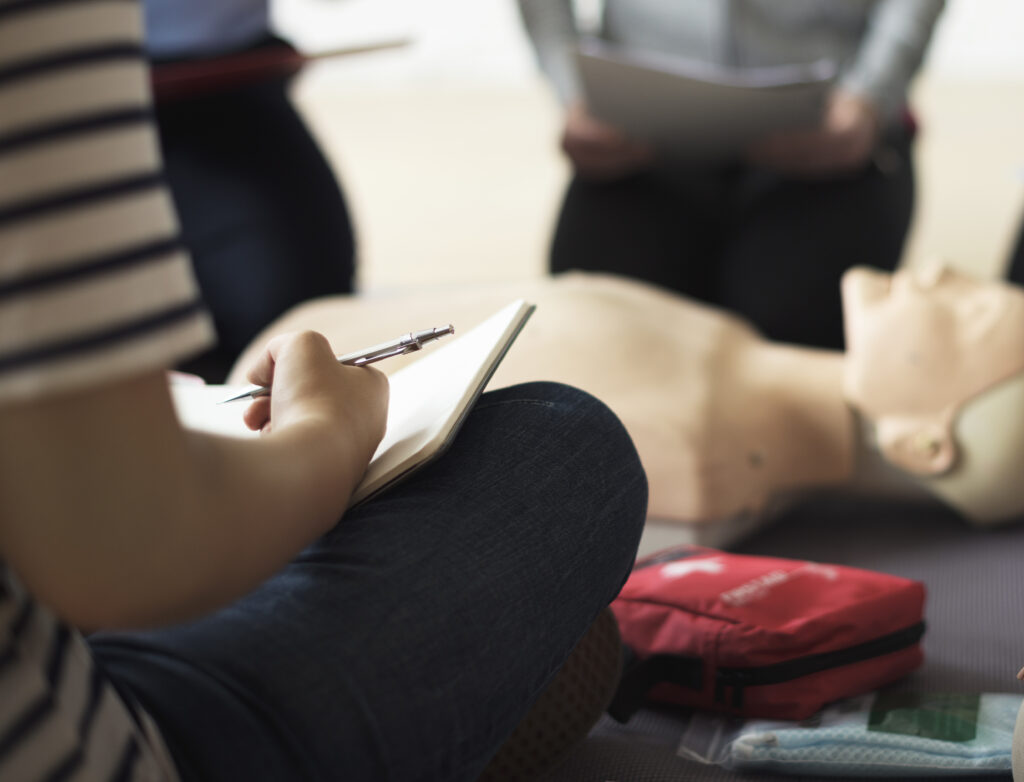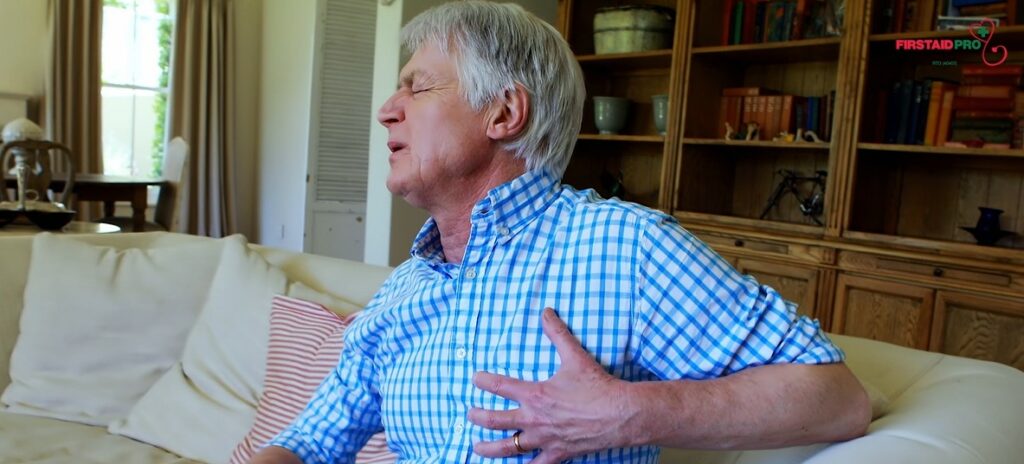Introduction
In a progressively interconnected world, the diversity of cultures within communities brings both abundant traditions and complicated challenges, particularly regarding healthcare and emergency treatment practices. The essence of reliable first aid is not just about recognizing just how to deal with injuries but also concerning comprehending the social and social complexities that govern approval. The short article "Getting Approval Across Cultures: Navigating First Aid in Diverse Communities" aims to look into these subtleties, checking out just how cultural perspectives form consent in emergency treatment scenarios and the function it plays in area health.
Gaining Authorization Across Cultures: Navigating First Aid in Diverse Communities
Understanding the concept of approval is essential, particularly when carrying out emergency treatment throughout different social landscapes. In different communities, the perception of authorization can differ considerably based upon standards, ideas, and previous experiences with medical care systems.
The Value of Authorization in First Aid
Before any kind of medical intervention can occur, permission is critical. This concept guarantees regard for an individual's autonomy and rights. Yet how does this use throughout numerous cultures?
- Cultural Level of sensitivity: Understanding that some societies might need family members consent instead of private permission is crucial. Communication Obstacles: Language distinctions might stop clear communication, making it crucial for very first responders to use interpreters or culturally qualified volunteers.
The Duty of Cultural Standards in Health And Wellness Decisions
Cultural norms dictate exactly how individuals perceive health problems and react to treatments. For example:
- In some cultures, traditional medication might take precedence over Western clinical practices. Religious ideas could influence choices related to blood transfusions or certain clinical interventions.
Establishing Trust Within Diverse Communities
Building depend on is an essential component of getting approval in diverse setups:
Engagement: Involve community leaders or seniors who can assist in conversations around health topics. Education: Conduct workshops that describe the requirement of first aid and emergency feedbacks within certain cultural contexts.
Founding of St John Rescue: A Historic Perspective
St John Rescue stands as a beacon for emergency treatment education and learning around the world, founded on concepts that line up closely with acquiring approval throughout cultures.
Historical Significance
Founded in 1887, St John Rescue has actually progressed to end up being identified with emergency treatment training and emergency situation services.
Impact on Area Health
The company emphasizes easily accessible training programs customized for diverse neighborhoods:
- Their initiatives usually include multilingual materials to satisfy non-English-speaking populations. St John Ambulance teams up with neighborhood companies to improve engagement from different cultural backgrounds.
Essential Household Things for Emergency Treatment Preparedness
A fully equipped emergency treatment set can make all the distinction during emergency situations. Below's what you require:
Adhesive Bandages: For minor cuts and scrapes. Antiseptic Wipes: Crucial for cleaning up wounds. Gauze Pads: To cover bigger injuries effectively. Thermometer: Important for checking body temperature.Creating a Portable Set for On-the-Go Emergencies
For those that travel often or participate in outside tasks, having a mobile package is vital:
- Include compact products like adhesive bandages and antiseptic wipes. Consider including things appropriate to your activities (e.g., bug spray).
First Aid Methods: Practical Knowledge Throughout Cultures
Tilting Head Back for Nosebleeds: A Typical Practice?
One typical technique advised throughout nosebleeds is tilting the head back; however, this differs by culture:
- In some neighborhoods, it's suggested to lean forward rather to stop swallowing blood.
Key Takeaway: Always ask individuals their preferred approaches prior to proceeding with treatment.
Fall Prevention Tips Tailored for Different Age Groups
Understanding loss risks among numerous age can help customize prevention techniques:

Recognising Animal Distress During Emergencies
In lots of houses, pet dogs are considered relative; thus acknowledging their distress throughout emergency situations ends up being vital:
Look for signs like too much barking or concealing behavior. Approach animals calmly before attempting any kind of form of first aid if they are injured.Treating Minor Injuries on Yourself: Self-Care Strategies
Having understanding about dealing with minor injuries can equip people:
Apply pressure on bleeding wounds until they stop bleeding. Clean cuts with soap and water prior to using a sticky bandage.Bushfire Season Injuries: Neighborhood Preparedness Strategies
Bushfire period postures unique challenges depending upon geographic locations:

- Being knowledgeable about regional fire policies can assist families in developing getaway plans.
Emergency Suggestion: Keep a fire extinguisher obtainable whatsoever times! Knowing exactly how to operate one correctly can conserve lives throughout a fire outbreak.
first aid certificate melbourneKitchen Knife Cuts: Avoidance & Therapy Guidelines
In lots of homes, kitchen crashes are common because of incorrect handling of blades:
Prevention
Always make use of cutting boards to avoid slips. Store blades safely out of reach from children.Treatment
If you experience a kitchen area blade cut:
Rinse under great water immediately. Apply pressure with a clean cloth till hemorrhaging stops.First Aid Recognition Projects: Linking Spaces Throughout Cultures
Effective projects ought to consider social preferences when advertising understanding about first aid practices:
Collaborate with local influencers who understand area needs. Offer multi-language sources that reverberate culturally.FAQs
1. What should I do if I'm uncertain regarding obtaining consent?
Always prioritize clear communication; if needed, consult a person familiar with the individual's cultural background.
2. How can I prepare my family members for emergencies?
Create a detailed emergency strategy that consists of exercising drills together regularly.
3. Exist certain first aid strategies better matched for certain cultures?
Yes, various communities might have liked methods based upon their traditions-- always Affordable First Aid Training in Melbourne ask prior to waging treatment!
4. Exactly how often should I revitalize my first-aid kit?
It's great technique to inspect your package every 6 months and replace expired products promptly!
5. Why is it vital to acknowledge family pet distress throughout emergencies?
Pets experience stress and anxiety just like humans; acknowledging their distress assists keep them calm throughout disorderly situations!
6. What sources are offered for finding out more regarding culturally delicate first-aid practices?
Many organizations provide courses focusing on diversity in health care; check regional listings or area centers!
Conclusion
Navigating the intricacies surrounding "Gaining Consent Throughout Cultures: Navigating First Aid in Diverse Communities" includes recognizing the myriad ways society forms our understanding of health care and emergency situation reaction protocols. By fostering open dialogue and respecting varied viewpoints while making sure appropriate training with companies like St John Rescue, we can better outfit ourselves-- and our areas-- to deal with emergency situations successfully while recognizing individual civil liberties across cultures.

In conclusion, as we continue our trip towards boosted neighborhood health and wellness via efficient communication and education worrying first-aid practices tailored towards multiculturalism-- with each other we enhance durability versus unforeseen challenges!